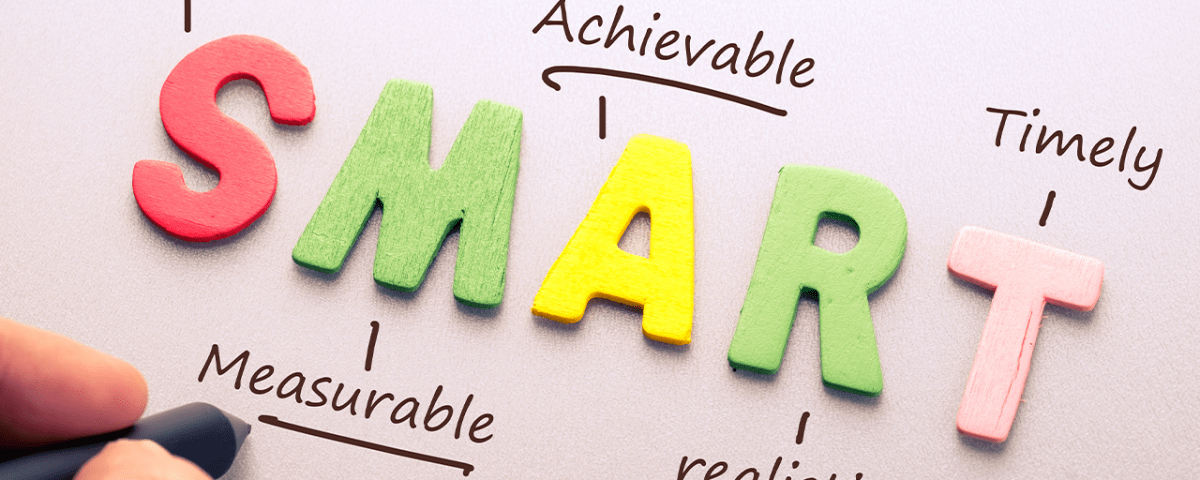Addiction recovery is a journey that is filled with ups and downs, as well as major milestones and accomplishments along the way. Realistic goal setting is a huge component of the success of your recovery, and it’s important to understand that becoming and staying sober doesn’t just happen overnight. Your recovery journey is a work in progress, and Banyan Philadelphia shares with you how to set realistic recovery goals to increase your chances of long-term abstinence from drugs and alcohol.
Tips for Goal Setting in Recovery
Recovery goals are objectives that a person sets for themselves that are related to their addiction recovery. Recovery is not a one-size-fits-all thing, and everyone’s goals may look different. These goals are milestones that you eventually want to reach.
Additionally, people who have goals feel more purposeful and accomplished. They can give you a sense of direction, which can be a challenge for newly sober people. However, not just any goals will get the job done. Poor goal setting can hinder the recovery process rather than help it. So, when creating your goals, we recommend using this SMART technique:
- Specific: Rather than setting vague goals like “Stay strong,” be specific. Choose actions that you know will help you stay sober, like going to counseling sessions every week and staying away from places where you used to drink or do drugs. Write down these goals and even set reminders to keep yourself accountable.
- Measurable: Make sure your goal is measurable to make it more realistic and achievable. For instance, you might want to send out a certain number of resumes per month to find a new job or attend at least 3 recovery group meetings a week. When these goals have been completed, you’ll feel good about your achievement, and it’ll motivate you to keep going.
- Attainable: If you set a goal that, realistically, will be too hard for you to achieve, it will only discourage you. You know yourself better than anyone, so it’s important to be honest with yourself when setting your recovery goals. For instance, if you’ve never run a mile, don’t set running a marathon as a goal. Take baby steps.
- Realistic: Setting realistic goals in recovery is crucial, as they increase your chances of actually completing them. For instance, if you’re a long-time cigarette smoker and want to quit, it might not be wise to quit smoking while you’re newly recovered from a drug or alcohol addiction. Instead, make a goal to cut back on a certain number of cigarettes.
- Timely: Setting a goal with a timeframe keeps you accountable, so make sure you can set a solid time frame in which you want to complete each of your goals.
You can also work with your therapist or counselor during drug or alcohol addiction treatment to decide which goals you will set at the beginning of the process. Writing down these goals is important because you will become more motivated and more likely to complete set-in-stone goals over verbal thoughts.
Recovery Goals Examples
Goals give people purpose and meaning behind accomplishing something, and this is so crucial during addiction treatment. According to Psychology Today, John Norcross states that a goal is “a mental representation of the desired outcome that a person is committed to.” Achieving your short-term and realistic goals accounts for those milestones and only brings you closer to the end goal.
But where do you start? While you may know how to make new goals now, here are a few examples of goals for addiction recovery that can help you get started.
- For three months, do not visit the places where you used to drink or use drugs.
- Commit to a 30-minute walk three days a week.
- If you normally smoke 20 cigarettes a day, cut down to 15 until you feel comfortable cutting down to 10.
- Commit to attending a certain number of recovery meetings every week.
- If you’re recovering from alcoholism, avoid going to places where alcohol is served for a certain number of months.
- Schedule one day every week to spend time with loved ones.
- Commit to at least 15 minutes of quiet time every day. You can journal, read a book, listen to music, etc.
- If you’re married or have a partner, commit to one date night every week. Fostering healthy relationships and making amends are important for recovery.
- If you have children, commit to spending a certain amount of time with them every week. You can do things like go to the park, watch a movie, go to a museum, etc.
- Add one new hobby to your schedule. Trust us. This will fill in any empty gaps in your schedule and give you something new to be excited about.
Another big tip we can give you is to share all of your recovery goals with someone you’re close to and trust. An addiction recovery goal can easily be overlooked or swept under the rug without some sort of accountability. Addiction is an isolating disease that encourages selfish, self-serving, and secretive behavior. Therefore, the best way to combat this type of behavior in recovery is to stay connected with someone who can (gently) call you out when you’re slipping.
If you’re a loved one of someone who’s recovering from a drug or alcohol use disorder, we also encourage you to read up on the common warning signs of relapse, such as isolating from loved ones, low energy, spending time with old drug or drinking buddies again, changes in sleep patterns, changes in physical appearance, and poor hygiene.
Relapse is not a failure, but it's best to avoid it, as bouncing back can be difficult. Even so, if you or someone you know happens to relapse, our Philadelphia drug treatment center offers stabilization care designed to help individuals who have relapsed get back on their feet.
Successful recovery is possible, and our Philadelphia substance abuse programs offer the services you need to make sure you achieve your goals! Call Banyan Treatment Centers today at 888-280-4763 to get started.
Related Reading:









